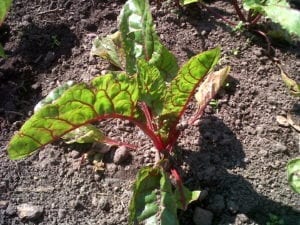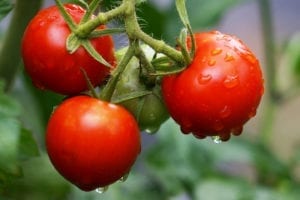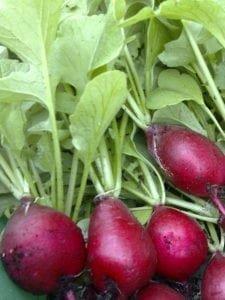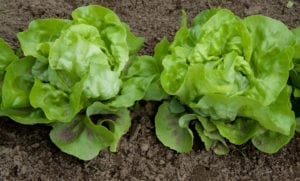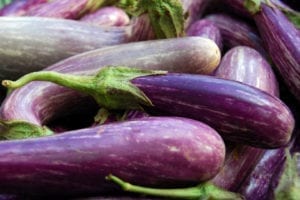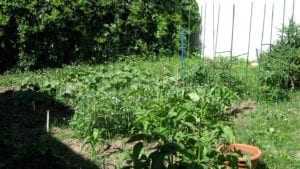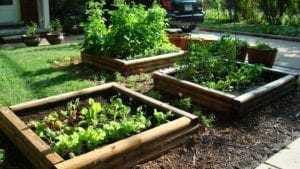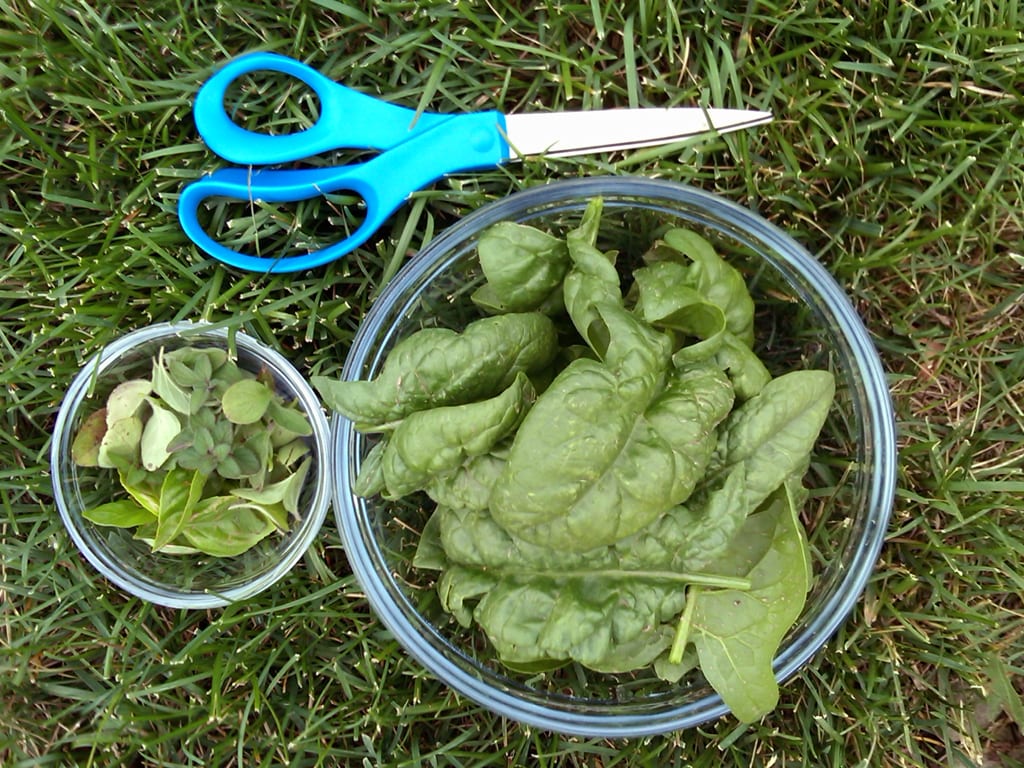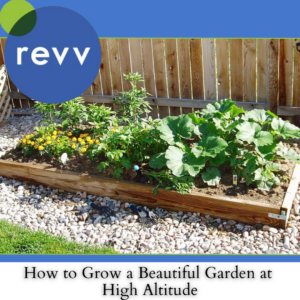 Growing your own vegetables can be a very satisfying and rewarding experience, yet not everyone lives in the most ideal conditions. Colorado features a wildcard of conditions and no matter what your skill level, it’s best to be prepared.
Growing your own vegetables can be a very satisfying and rewarding experience, yet not everyone lives in the most ideal conditions. Colorado features a wildcard of conditions and no matter what your skill level, it’s best to be prepared.
Whether you’re a novice, green thumb, or brand new to vegetable gardening in Colorado, our guide will get you off on the right foot, and make sure you get the best from the efforts you have put in.
Outdoor Vegetable Gardening in Colorado
Much advice is given, and it can seem in some cases, it is a lot of effort for the risk of having failed crops. This does not have to be the case, and with a good understanding of the Colorado climate and the weather patterns, you can be on your way to some healthy vegetables.
The biggest thing to consider with how to plant a garden at these high altitudes is your crop. You will have more success with your cool season vegetables compared to warm season vegetables. The good thing is, you might have more abundant crops and a better taste when you grow at these high Colorado altitudes.
Knowing Your Growing Season
The growing season in Colorado can be much different and much shorter compared to other areas. There is so much variance the state has nine different zones. Each of these can have a better-growing performance for your veggies than others and can make high altitude vegetable gardening a challenge.
For every 1000 feet above sea level, the temperature can drop by around 3.5 degrees. There is also the exception of valleys where the temperature can drop even more at night.
Before you start planning and planting, you should be aware of which of the nine zones you reside in; these can be found on the “Plant Hardiness Zone Map.” This can be used as part of your Colorado vegetable planting guide. When looking for seeds or plants, there are specific ones that are labeled as suitable growers for your zone or cold tolerant.
The Weather
Apart from the local Colorado climate, the weather has a significant impact on your vegetables and can bring with it some unique challenges.
Vegetable gardening in this high altitude means you will be dealing with low humidity, sunlight that is intense and weather changes that are almost instantaneous.
A good example being Denver, which does have many hot summer days. There can be changes in weather where the temperature drops enough that it can affect your veggies growing. Conditions can also change from extremely wet to very dry as well as hailstorms toward the end of summer which are capable of wiping out high altitude vegetables as they are close to harvesting.
To be safe and make sure your plants are protected, you can invest in row covers; tunnels, windbreaks, and shade cloths.
What Are the Best Vegetables to Grow
When you have found the ideal times to grow and how long the growing season will last for. You will come to understand, what the best vegetables to grow in Colorado are that you can produce with an element of success.

